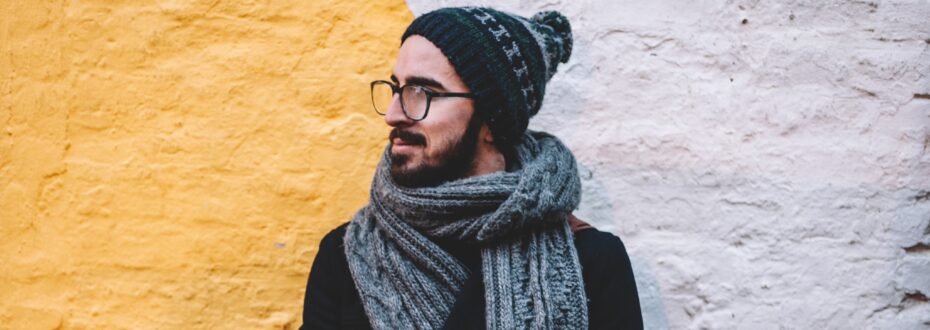When I was 5 my mum was diagnosed with delayed postnatal depression. She experienced her first manic episode in 1996 and has been experiencing acute anxiety, leading to periods of mania and psychosis, throughout her life. This all sits under the label of Bipolar type 1.
As a child I was kept at a distance from my mum’s illness. I would stay with my grandparents when she was in hospital. Growing into adolescence I became her carer. I learnt how to notice when she was losing her grounding. Arriving home to find all our electrical appliances in the bin, the sofa in the front garden and my mum speaking in tongues were pretty clear signs that I needed to get her some help ASAP. I always had the support of our family, my mum’s close friends, and the NHS, so her illness didn’t stop me from living my own life but I suppose some decisions like moving away to go to university carried an extra concern.
I realised my mum’s voice needed to be heard. It wasn’t my experience to be telling, but our experience
Last year I had the idea to make a show about my experience, because I thought it might make an interesting story which offered a personal insight into issues around mental health. As I made the show I realised my mum’s voice needed to be heard. It wasn’t my experience to be telling, but our experience. I asked her, along with a team of theatre maker mates who knew me and mum well, to make the show with me.
The process of making the show made me sit down and listen to my mum about what it’s like to have an episode, to be sectioned and the constant effort it takes to try and maintain wellness. I realised it’s something I’d never taken the time to do before. I knew it would be a difficult process for both of us, I think most people would find it difficult to have a show made about them by their own child.
The show, ‘Mental’ offers an insight into one family’s experience of a mental illness. Through song, movement, medical notes and anecdotes we try to create a sense of my mum’s bipolar experience, and the effect it’s had on me. My mum has been incredibly open in sharing so much for the show. Some of it I know she’d prefer not to, but she also knows that if the audience are going to leave with a better understanding of mental illness the truth can be powerful, so we’ve tried our best to remain honest, despite the difficulties.
In writing this I’m aware you need to hear my mum’s voice again, to be honest it’d probably be better if she wrote the whole thing, she’s an incredible writer:
‘Mental’ is an opening to my world through theatrical performance and it has been a shock. Through the show I have been given a glimpse into what Kane experienced of what was often such a negative presence in my own experience. The gift Kane has given me through creating Mental is so valuable, better than any other therapy to date.
My usual way of coping from a section is one of isolation and shame, this outing from the last section has been nothing but deeply reflective. Conversations that are generally kept contained and silenced through shame and guilt, confusion and denial are less of an option now. A problem shared and aired is in itself an acknowledgement of loving care.
In my most recent recovery I have been granted a full exploration of my condition and I am hoping this approach will allow me to accept, once and for all, my whole self, the comfortable and the uncomfortable, it all holds its own value.
Yes I experience extreme states of thought but I rarely know what that is like from the outside. So to have the opportunity to see Mental and help collaborate on the text, I can only offer my immense gratitude, from crisis to recovery back to crisis and recovery, ‘Mental’ is teaching me PREVENTION.
Mum says I’ve been a lot kinder since making the show, because we understand each other more now. It’s given us time to talk and time to listen. We premiered the show at Vault festival earlier this year and from the audience response we know it’s opened up a conversation for others too. Mental health awareness isn’t just about encouraging people to talk, it’s also about encouraging people to listen. Theatre is a space for focused listening free from distraction.
Since seeing the show some of mum’s friends began to open up to her about their own mental health and others spoke of their appreciation for the show’s honesty. It seems many people who know us understand much more about our experience now. As a result these people have been more engaging, inviting my mum to events and activities instead of excluding her. This has all helped towards her growing sense of self-esteem and given her more confidence in preventing future relapses.
So while the show continues on its journey to Edinburgh Festival Fringe this summer, we hope it can continue to contribute positively to all the mental health campaigns out there. Beyond the artistic aspirations of the show, the real goal is to help end the stigma and change the conversation around mental health across the UK.
‘Mental’ is showing in Edinburgh this summer – for more information visit the show’s website.


